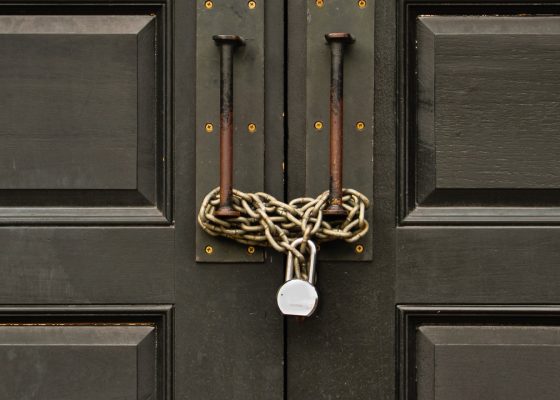The lack of GPs willing to open a practice means ratepayers in Bogan Shire Council are propping up operations to the tune of 15% of their rates.
The crisis in primary care in regional NSW has reached the point where a local shire council is using ratepayers’ money to keep the local medical centre open, the NSW Special Commission into healthcare funding has heard.
Bogan Shire Council is relying on local ratepayers’ fees to cover operational costs at the local medical centre, which runs at a shortfall of more than $500,000 a year, according to council members.
Council general manager Derek Francis said the council had committed to using its own resources to operate the bulk-billing centre since its establishment in 2017, given insurmountable challenges in recruiting GPs willing to open their own local practices.
“Not many GPs these days want to come into a place and start their own practice, and be responsible for the running of the practice themselves,” said Mr Francis.
“We saw a need to construct a building and set up the operations of a medical centre so that the GP could come in and do the doctoring, which is what they’re there for, rather than the administrative side of things.
“Taking into account Medicare billings, and other monies that come into the centre, there’s a funding gap or shortfall of around $5-600,000 on an annual basis.
“The council has seen fit to cover that itself through its own revenue, which is essentially ratepayer funding, or general grant funding [from the] federal government that all local councils get.
“If we hadn’t stepped in and established the medical centre, no one else was going to.
“The shortfall in the medical centre constitutes something like 15% of our annual rates, and it is inequitable to be expecting a small rural council to contribute that much money towards a function that most other councils wouldn’t dream of doing.”
When asked how the council had sought to bridge this gap – by adjusting its billing practices to introduce gap fees, for example – Mr Francis said council analyses had shown that such strategies would only cover around a fifth of the total funding shortfall, the majority of which arose from costs associated with employing two fulltime equivalent GPs.
“The main operating expense is the cost of the GPs, so in our budget for 2024-25, the cost of the GPs is $1 million, and then the rest of our staff and other operating expenses make up the rest of the expenses in that space,” he said.
“We [did] look at potentially implementing a gap payment in our 2024-25 budget, but looking at the demographics of our patients, 70% are either under the age of 16, or hold a Commonwealth concession card so the gap fees wouldn’t apply to them.
“So basing that on the 30% of our patients [that would be affected], we would only be looking at attracting potentially an additional $98,000 in revenue per annum if we were to introduce gap fees, not enough to make up the shortfall.”
In terms of work undertaken by the council to engage with NSW Health to address the shortfall, Mr Francis said the state-federal division of primary and hospital funding had prevented the council from raising the issue with state government representatives, while conversations with federal representatives had so far been unfruitful.
“We’ve had discussions with NSW Health over the years in terms of working together with them on solutions for visiting medical offices, [but] we’ve not raised the question of funding directly with the NSW government, partly because we see the issue of funding for primary health care as a federal government responsibility,” Mr Francis said.
“There are ways of working together more closely with NSW Health in terms of funding at least one of the GP positions, [but] I’m not sure whether there are any mechanisms for NSW Health to directly fund a practice like ours.
“We have taken it up with local federal member and one or two other people in the federal government space and have been working with the National Rural Health Alliance over the last few years to bring the situation to the attention of people in Canberra.
“But so far, there are no solutions for us.”
The NSW Special Commission of Inquiry into Healthcare Funding will hold public hearings in Dubbo throughout the rest of the week until 17 May.
Prior to the hearings, members of the Inquiry visited several local healthcare facilities and met in consultation with stakeholders and community members across the Dubbo region from 8 to 10 May.




